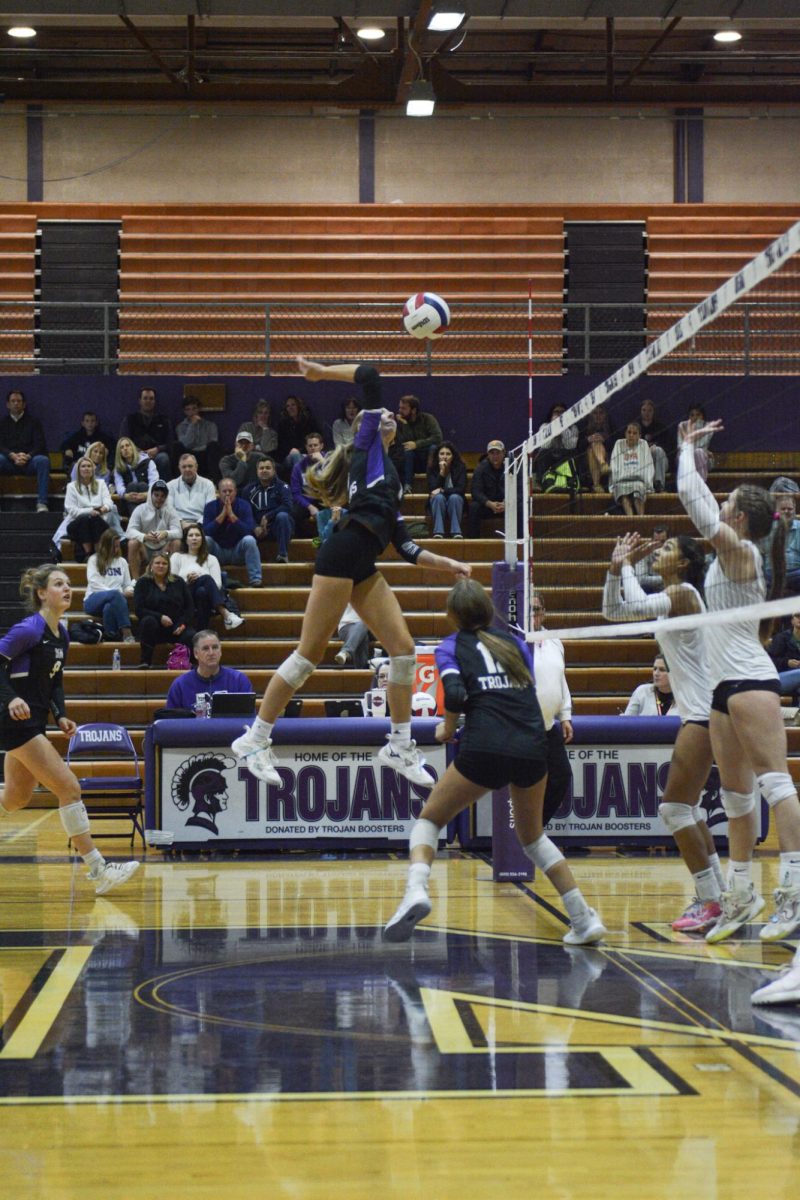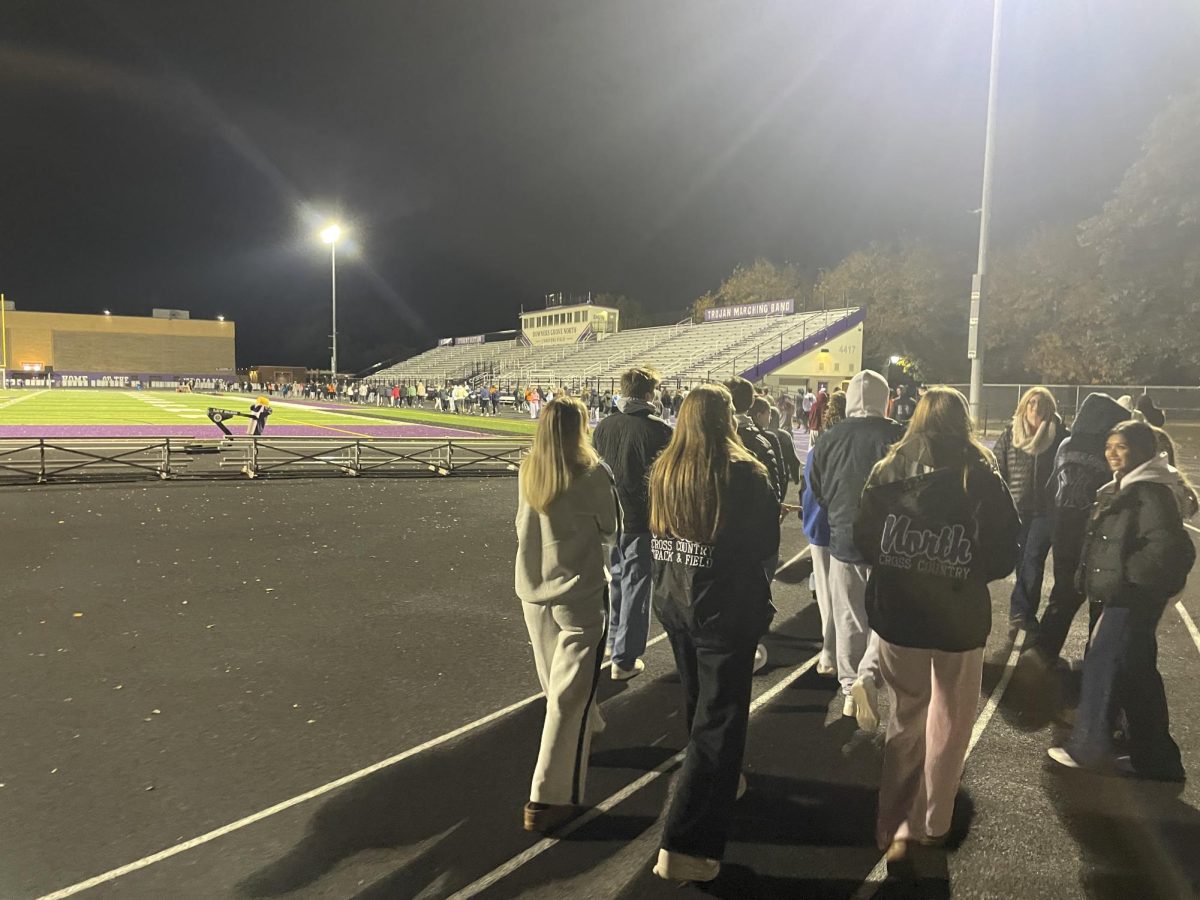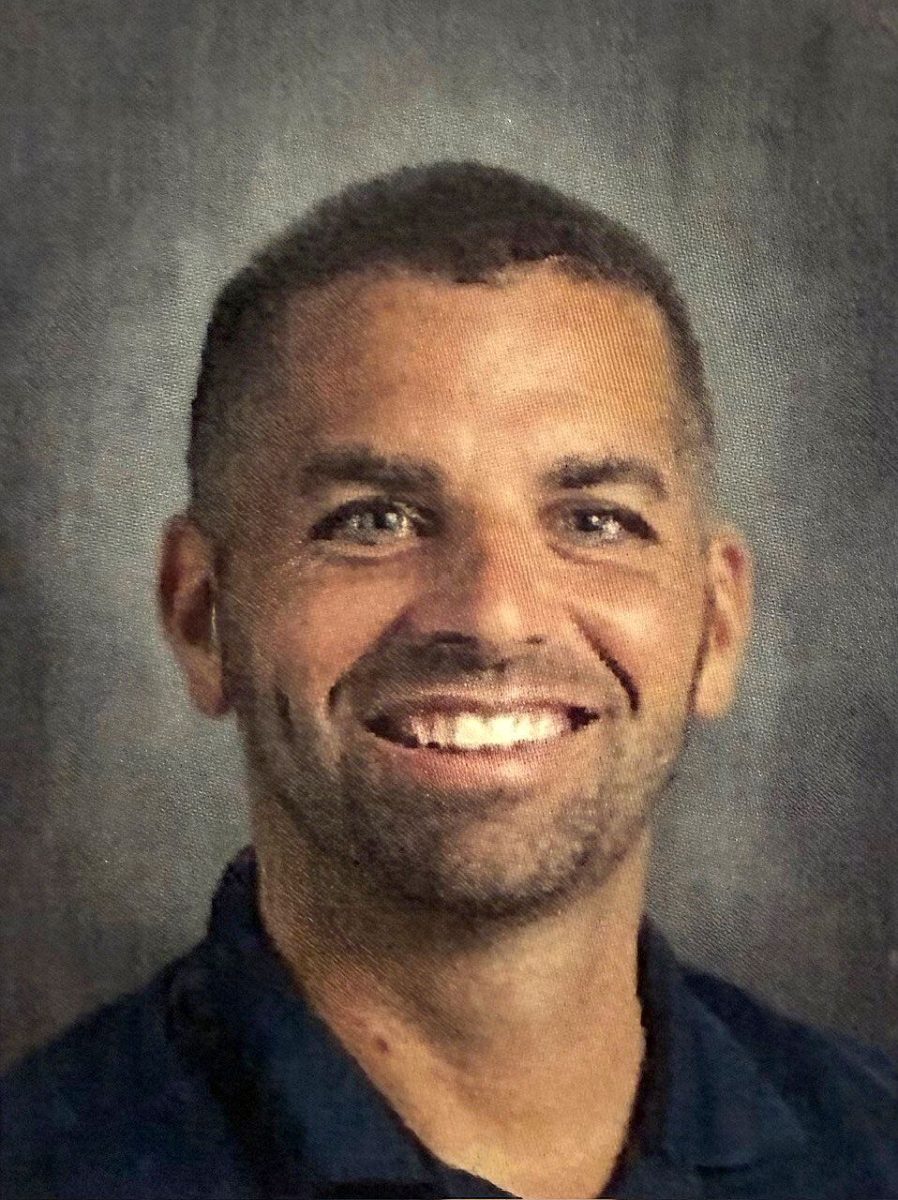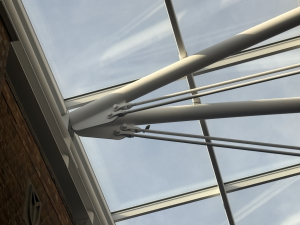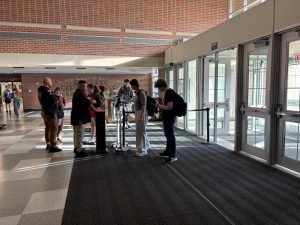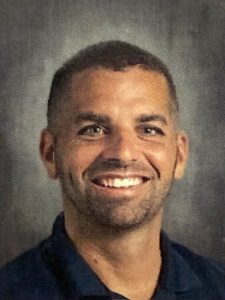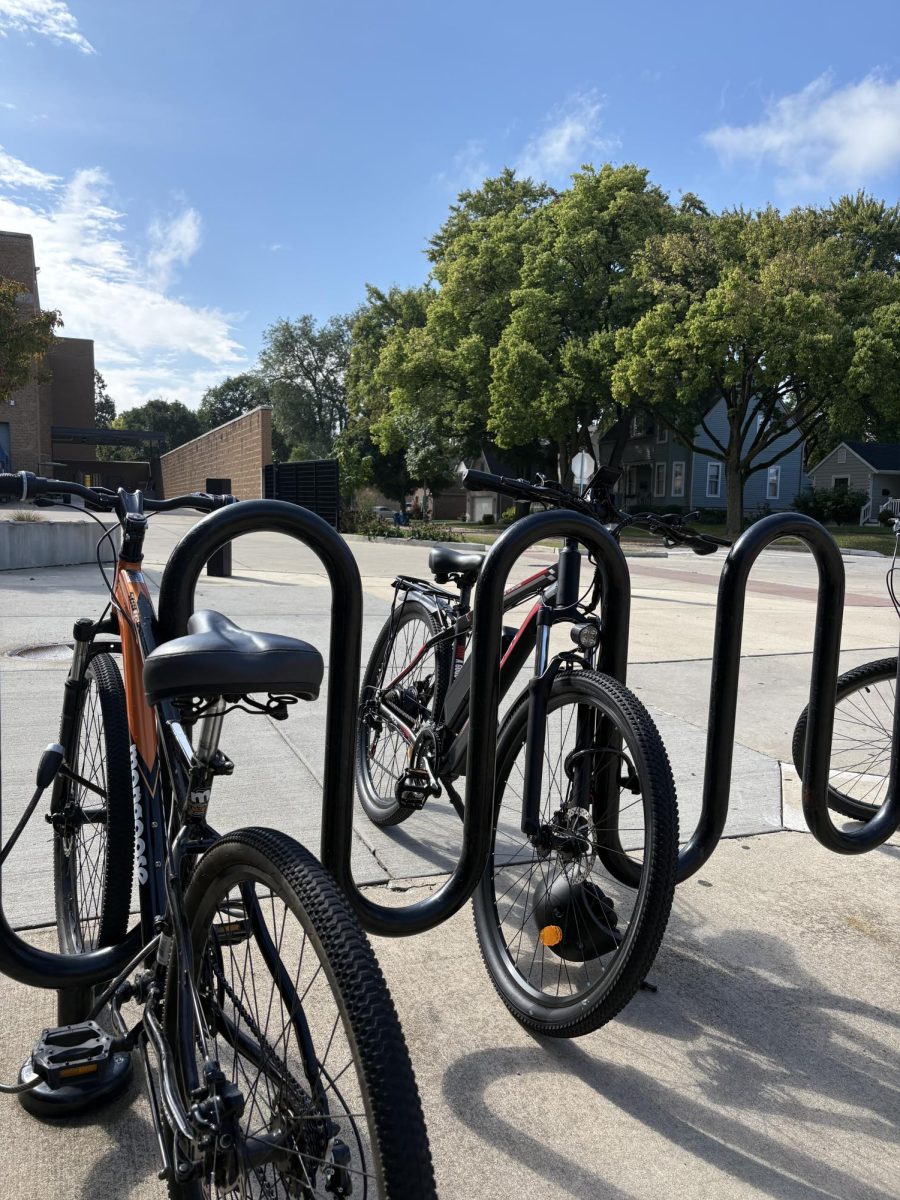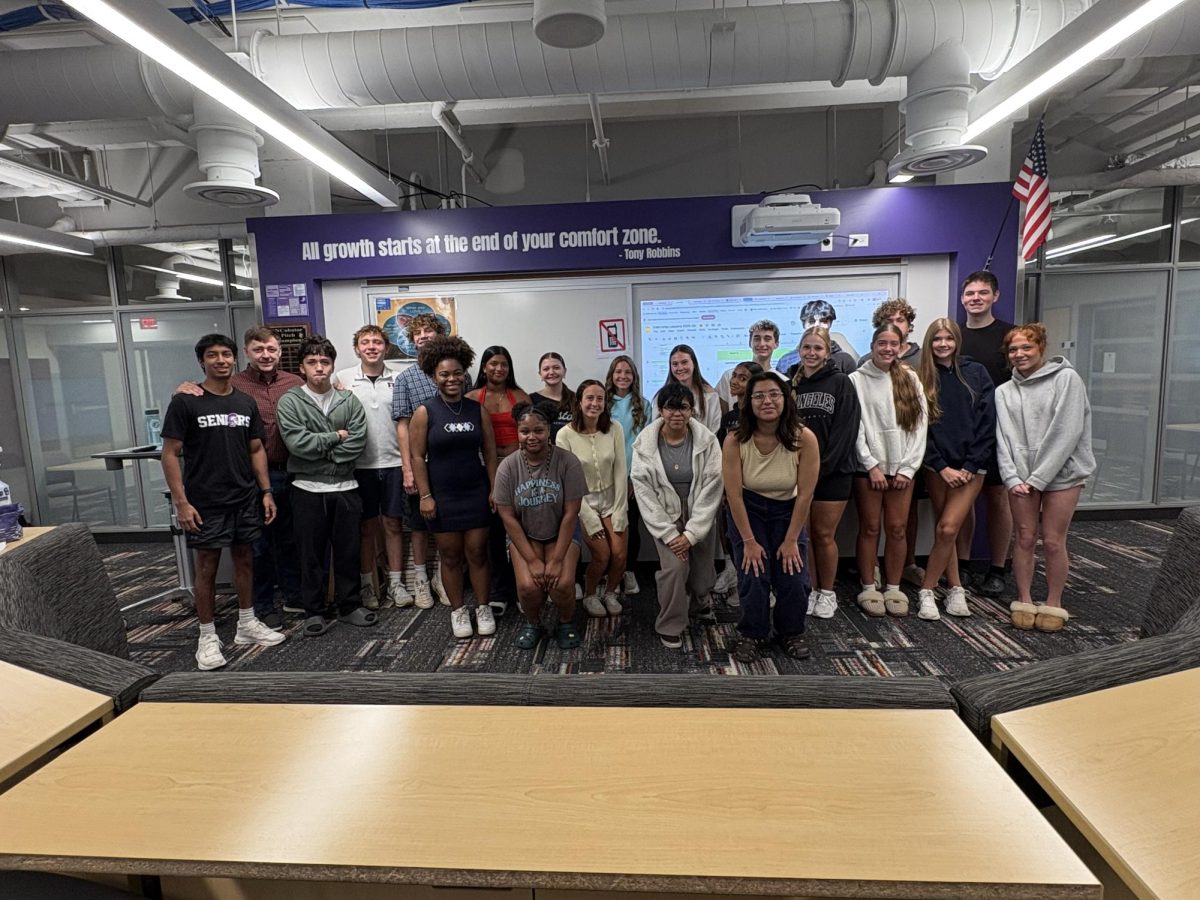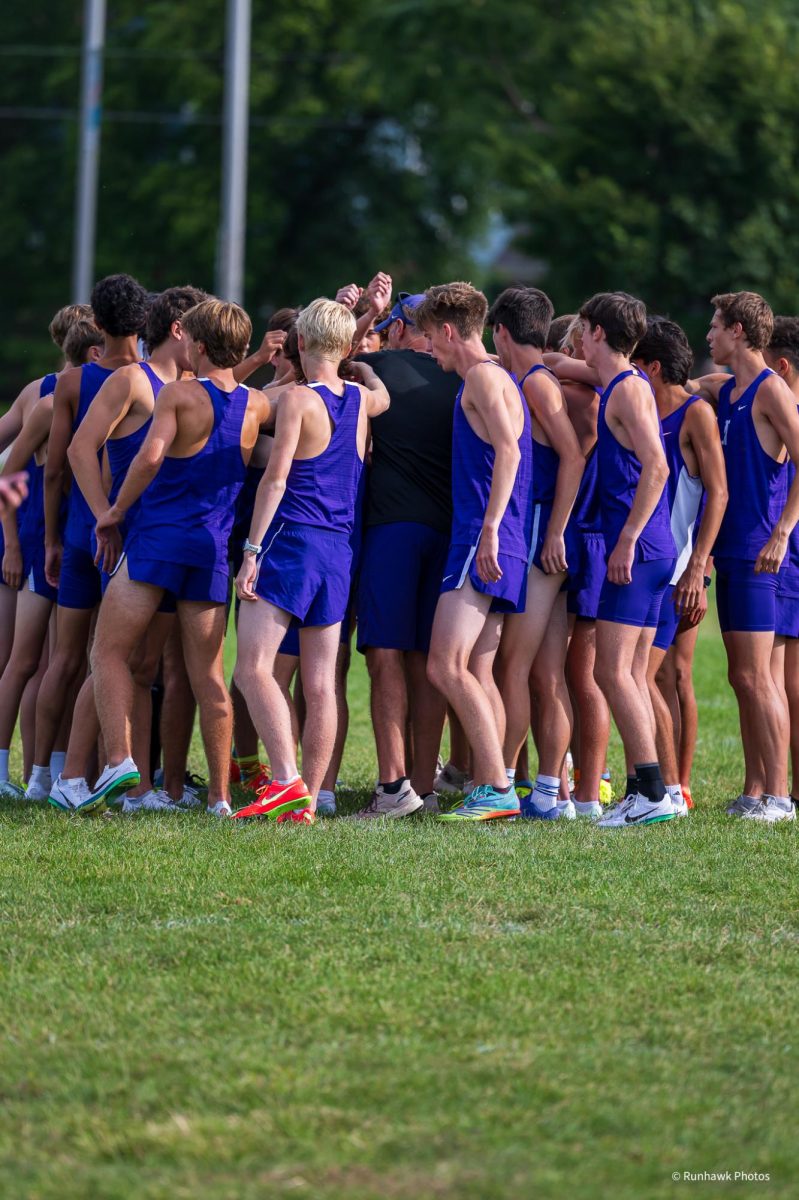Township cuts Peer Jury due to state budget
September 27, 2017
The Downers Grove Township suspended the Peer Jury program due to state budget cuts, effective July 25. The student-driven program trained students to act as jurors, analyzing facts, asking questions, and deciding consequences for their peers, allowing students to take leadership roles in addressing misconduct. Students who face disciplinary action will no longer have the benefit of having their peers as jurors.
Due to cuts in the state budget, the township no longer funds two full-time prevention specialist positions. On the morning of July 21, public relations director/staff liaison to a non-profit for the Township/Peer Jury and the Self-Management Skills class Lori Wrzesinski, learned that the Peer Jury program and her position were being eliminated.
Wrzesinski developed, implemented and launched the first site for the program in November of 2000 and was the director of Peer Jury since the initial launch.
“My first thought was all the kids that were in the program. There were 60 kids who were already in the [peer jury] process and another 30 kids waiting for their cases to be heard. I was concerned about what was going to happen to these kids,” Wrzesinski said. “Since [the Township Supervisor] had not spoken with me about the program and how it functioned, it was upsetting to me because I felt that he did not understand the impact that this would have on those kids and their families.”
Township supervisor Mark Thoman said that deciding which program to cut “involved researching the various Human Services offered, and finding how to continue to best serve, and gain the widest benefit to, the Township.”
According to Thoman, Peer Jury cost around $128,000 last year.
“The three remaining Human Services programs (Youth Education, Life Skills, Senior Services) each have a wider reach and each cost less,” Thoman said.
According to Thoman, there were erroneous assumptions by parents and community members that the decision to cut Peer Jury was due to its higher expense. There are some discrepancies in what is included in the cost for the program. The $128,000 cited by Thoman as the cost to run the program included Wrzesinski’s salary, however, her job entailed more responsibilities than Peer Jury.
“The number that I gave to a group of parents who want to keep the program going, was under $40,000 and that number included an educational program that I taught for offenders,” Wrzesinski said.
Former Peer Jury member senior Kaitlyn Hill believes the absence of the program has the potential to be detrimental to the community.
“I feel really disappointed that the program is suspended. Not because I liked the volunteer hours or credit, but because I know that without the program a lot of people our age will have a criminal record when they don’t deserve one,” Hill said. “The program gives people a chance to make up for a mistake they made or to realize that they needed to turn themselves around, and it did that while keeping an arrest off of their records.”
Many of the students who go through the Peer Jury program are prospective college students or involved in varsity athletics. By utilizing the program, these students could avoid jeopardizing their futures in the workforce, college, or athletics.
Wrzesinski made many bonds with jurors and offenders over her years as the Peer Jury director.
“I still maintain contact with many of the jurors who have served. As a matter of fact, I was just at a baby shower a couple of weeks ago for a young lady who was an offender and later became a juror,” Wrzesinski said.
Two-year peer juror senior Brendan Lockerby said Peer Jury was always something he looked forward to.
“It was a great way for the students of the surrounding towns to help out our peers that have made mistakes,” Lockerby said.
The abrupt decision to end the program occurred over the summer without contacting or conferring with the peer jurors.
“I can understand as to the reason behind ending it, but I am disappointed about how the program was actually ended. There was no e-mail to jurors or text alerts. I had to find out via rumors and posts online,” Lockerby said.
In an effort to keep the program alive, a group of parents is working with Wrzesinski to explore other public and private means of support. Over the next two weeks, Wrzesinski will be meeting with local police chiefs to discuss what support they might offer. A Facebook page, @PeerJuryFriends, has been made to keep people informed.
Wrzesinski and supporters of Peer Jury hope to resume the program soon at a fraction of the cost.



